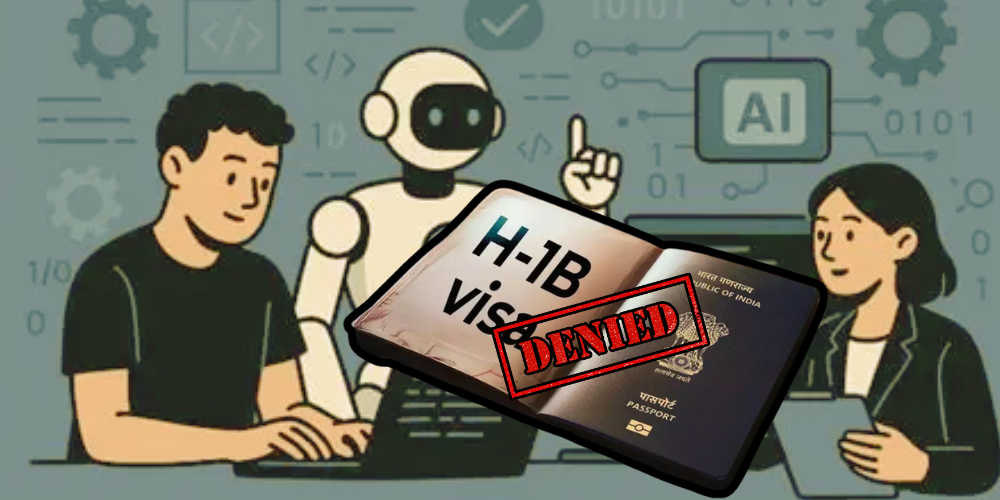This focus is important, as seeing people with disabilities as not being able to live productive lives still generally persists in our society. The truth is that millions of people with disabilities lead very rewarding lives when provided necessary support and resources.
Every March the National Association of Councils on Developmental Disabilities, the Association of University Centers on Disabilities and National Disability Rights Network come together around a central theme to make the disability community more visible. According to the National Disability Institute, “individuals with and without disabilities will share their experiences through stories, photos and videos. This year’s campaign also highlights artwork created by individuals with disabilities and is featured in the Developmental Disabilities Awareness campaign imagery. Resources (toolkits, photos, videos, promising practices) will be shared with a national audience.”
All well and good.
And necessary, because in the real world, hundreds of thousands of people with disabilities and their families face daily struggles to access services and resources that would clearly assist in allowing them to reach their full potential.
The state of affairs in Kansas, for example, is depressingly instructive:
Consider Lilly Miller and her family in Wichita. Lilly has Down Syndrome and from early elementary school needed to be enrolled in supportive day programs that would increase her social, living and job skills. Lilly’s family immediately started the enrollment process to access state services.
10 years on from their first attempts to get Lily support: Nothing.
Lily is now 21 and has aged out of the programs she waited so long to access. Absent state support, her parents for years hired a private home caregiver at great expense, but the private day programs she really needed were prohibitively expensive. She’s also not functioning at the level she could have had she had support services over the years. Her parents are very concerned that she has not developed the necessary life and job skills she needs. They’re especially concerned about how she will cope when they pass on.
In Topeka, Rick and Anna Elskamp had a similar nightmare of their hands. Their daughter Sheridan, 23, has intellectual disabilities and has been on a waiting list for services for 10 years. Sheridan cannot be left unsupervised, so her parents chose jobs with opposite work hours so that one of them was always home with Sheridan. Finally, last December Sheridan made it off the waiting list but she has yet to receive any state resources. The family has been assured that the supports will begin in another month. They’re understandably not optimistic.
Lily, Sheridan and their families are not alone. And every state faces similar problems. Fox News reported that hundreds of thousands of families face similar difficulties in accessing state resources – if such resources are available. Resources vary greatly from state to state and are bound by byzantine bureaucratic processes that often seem to lead nowhere. Where services and resources are available, waiting lists are ridiculously long.
To be fair, states such as Kansas and Oklahoma are trying to respond to this sad state of affairs. Both have proposed massive new spending to whittle down wait times, but for Lily and Sheridan it is all but too late.
More money might help, but as a kneejerk solution to this very serious problem it’s not the whole solution, not by a long shot.
It’s time to address the larger issue: State services and resources for people with disabilities are hopelessly inert and ineffective. The glacial pace of providing support, vague and contradictory policies and rules and the alarmingly intricate maze of application requirements mean those among us who need the most help are the least likely to get it.
States’ policies and programs need a thorough overhaul from top to bottom, and if the state can’t do its job, perhaps it’s time for a serious conversation about privatizing supports and programs.
I think the Lilys and Sheridans of the world might think that’s a good idea.
I think they’d also agree that Developmental Disabilities Awareness Month is a good idea, but doesn’t do much for people with disabilities left for years without support.






